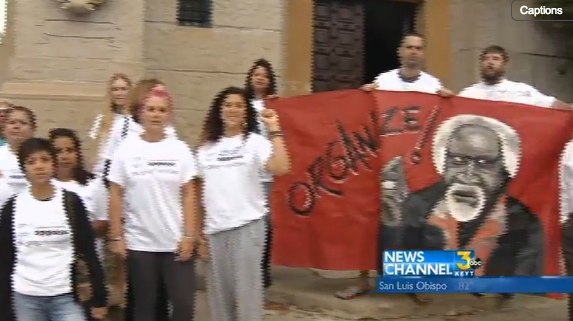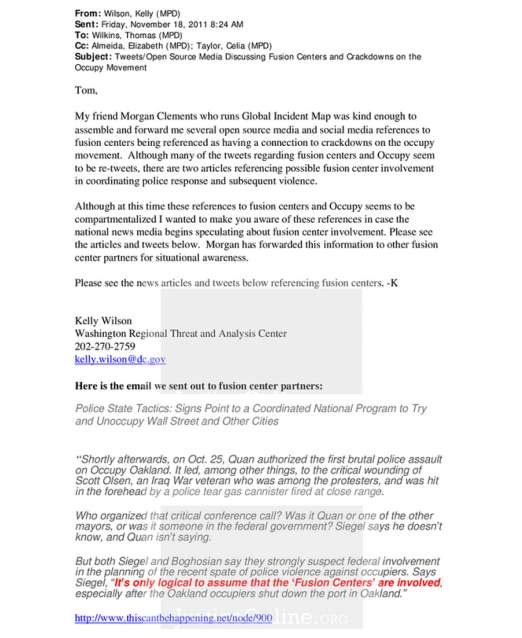When lo! An angel called him out of heaven,
Saying, Lay not thy hand upon the lad, . . .
But the old man would not so, but slew his son,
And half the seed of Europe, one by one.
-Wilfred Owen
The New York Times recently ran a five-page section of essays on the 100th anniversary of the start of World War One. Archduke Franz Ferdinand of Austria was assassinated on June 28, 1914, causing Austria-Hungary to declare war on Serbia. Germany sided with Austria-Hungary and European allies sided with Serbia. Thus, one of the cruelest, bloodiest and most corrupt wars was let loose in the world. It did not end until November 1918 and included 17 million deaths, 10 million of them European young men in uniform.
A.O.Scott writes about the sense of innocence and expectant glory at the beginning of the war. Books like Erich Maria Remarque’s All Quiet On The Western Front and Robert Graves’ Goodbye To All That speak of the horrors of the everyman in the trenches. It was a war created by vainglorious, corrupt and short-sighted leadership. Beside bad leadership at the top, what stands out about World War One is how the war was fought by ordinary men who did the bleeding and the suffering, and how many of them came home to write eloquently about their disillusion.
 Dead man carried from the field in WWI; a US soldier in Iraq.
Dead man carried from the field in WWI; a US soldier in Iraq.
“[A]s the war unfolded, a new attitude was taking shape that was rooted in the soldiers’ experiences,” writes Edward Rothstein. “It has had an enduring influence on how war itself is often thought about — with complicated consequences.” World War One seemed to generate poets like Wilfred Owen and Siegfried Sassoon. Owen’s great poem “Dulce et Decorum Est” is about witnessing a young soldier without a mask dying from gas.
In all my dreams, before my helpless sight,
He plunges at me, guttering, choking, drowning.
If in some smothering dreams you too could pace
Behind the wagon that we flung him in,
And watch the white eyes writhing in his face,
His hanging face, like a devil’s sick of sin;
If you could hear, at every jolt, the blood
Come gargling from the froth-corrupted lungs,
Obscene as cancer, bitter as the cud
Of vile, incurable sores on innocent tongues,—
My friend, you would not tell with such high zest
To children ardent for some desperate glory,
The old Lie: Dulce et decorum est
Pro patria mori.
(The old lie: It is sweet and glorious
to die for your country.)
“[T]his is history written from ‘below’ — through the lens of ordinary participants, not political leaders or military strategists,” writes Rothstein.









